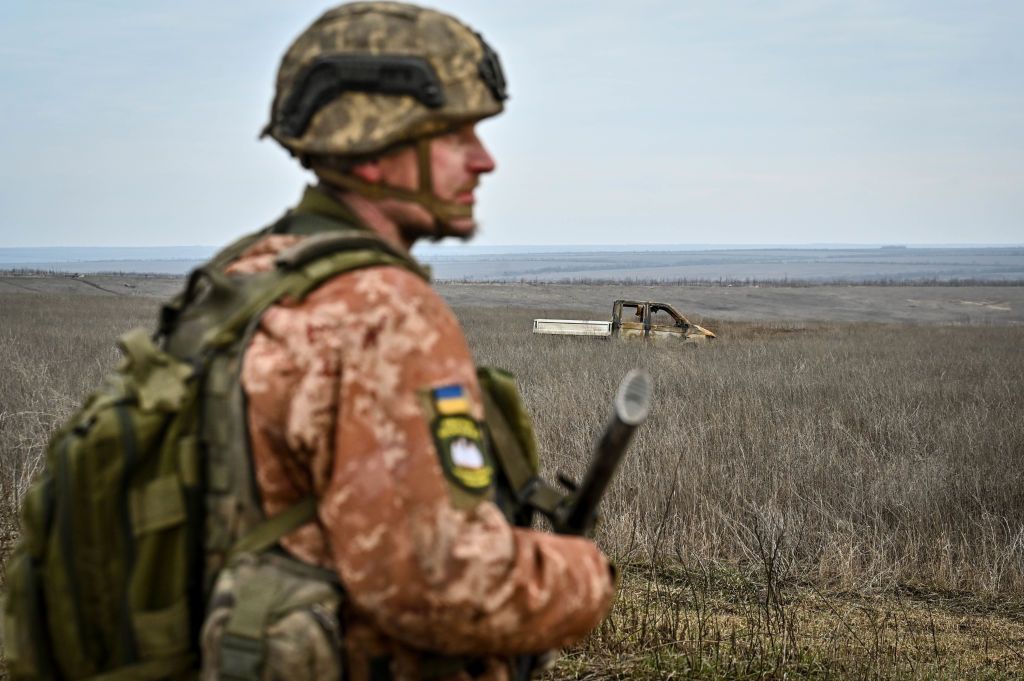France, Netherlands back Czech plan to buy ammunition for Ukraine outside EU

France and the Netherlands back Czechia's plan to procure hundreds of thousands of ammunition rounds for Ukraine from outside the EU, French President Emmanuel Macron and Dutch Prime Minister Mark Rutte told journalists on Feb. 26.
Kyiv is facing critical ammunition shortages, as $61 billion in funding from the U.S. remains stuck in Congress, causing defense aid deliveries to run dry. Reports suggest Ukraine could face a catastrophic shortage of supplies like shells and air defenses within weeks.
Ukraine's decision to withdraw from the city of Avdiivka in Donetsk Oblast on Feb. 17 was widely linked to the issue of a lack of ammunition.
Earlier in February, Czechia began to push a plan to jointly finance the purchase of 450,000 artillery shells outside the EU.
Czech President Petr Pavel said on Feb. 17 that Prague has identified around 800,000 artillery shells abroad that could be sent to Ukraine within weeks if provided funding from other partners.
The plan to use EU money to buy ammunition produced outside the bloc was initially blocked by France, which wants to boost its domestic defense industry, along with Greece and Cyprus.
Macron told reporters at the summit on Ukraine he had convened in Paris on Feb. 26 that France is "totally open" to the plan.
"The Czech proposal is totally consistent with what we've done in terms of artillery. We have asked non-EU countries to reach solutions. We will participate in this initiative."
"Our only target is efficiency," Macron said.
The Netherlands will provide 100 million euros ($108.5 million) in aid to help buy the ammunition, Rutte told journalists at the summit.
Rutte refused to specify which non-EU countries have been identified as potential ammunition suppliers.
"We know that (Russian President Vladimir) Putin is preparing for a long war," Rutte posted on X.
"We must continue to show that we stand firm and that time is not on his side," Rutte said, and referred to the security agreement the Netherlands plans to sign with Ukraine.
According to Czech Prime Minister Petr Fiala, France and the Netherlands are among 15 European countries that have so far signaled support for the plan.











